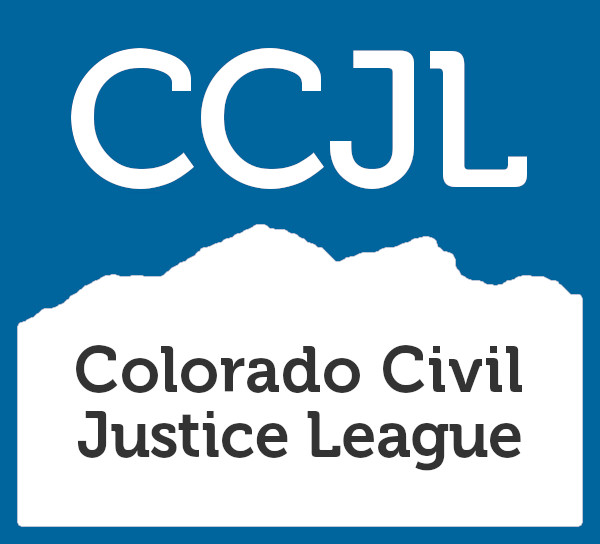Although legislators passed several bills that will increase the costs and risks of lawsuits, they also served notice that they won’t automatically support every legislative whim that will expand unnecessary litigation.
Even before the General Assembly convened in January, the stability of Colorado’s lawsuit climate was at a perilous point, ranked 35th among the 50 states – an all-time low. Other national groups worried about the growing unpredictability of our courts.
Numerous bills sought to create new opportunities for lawsuits, but many of those were subsequently modified. A few others failed when legislative support withered.
Consequently, Colorado Civil Justice League grades the legislature at a “C” for its 2019 session.
